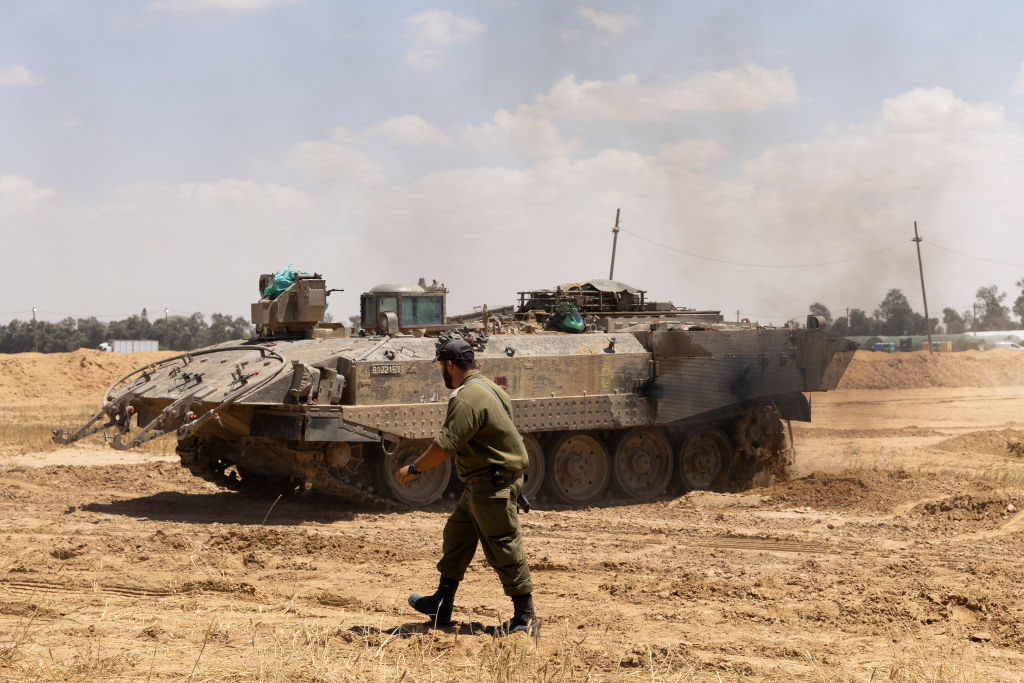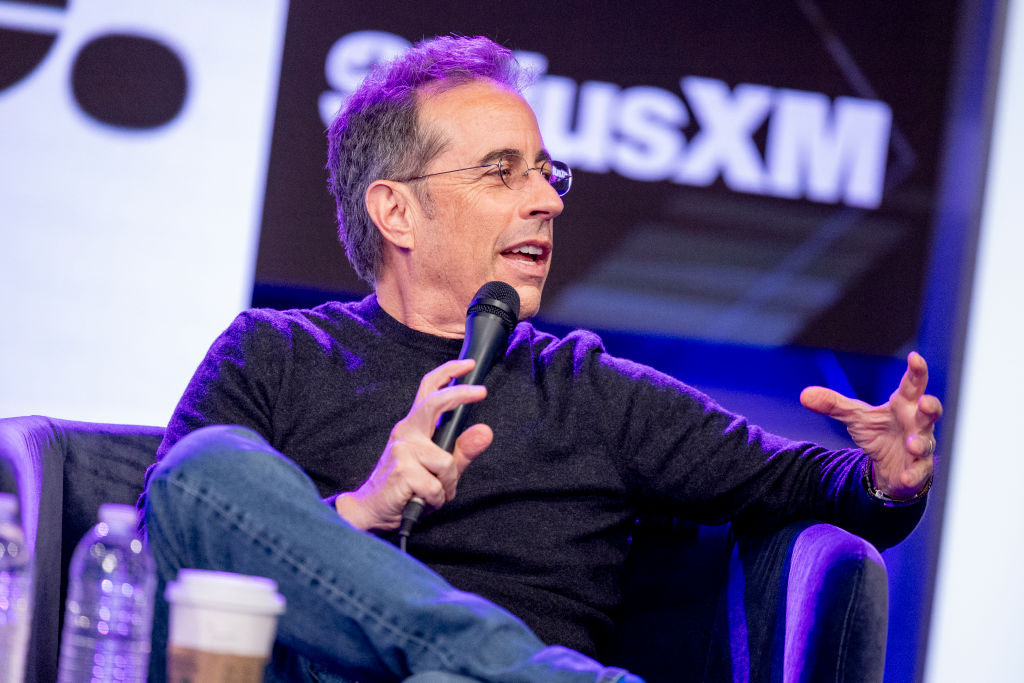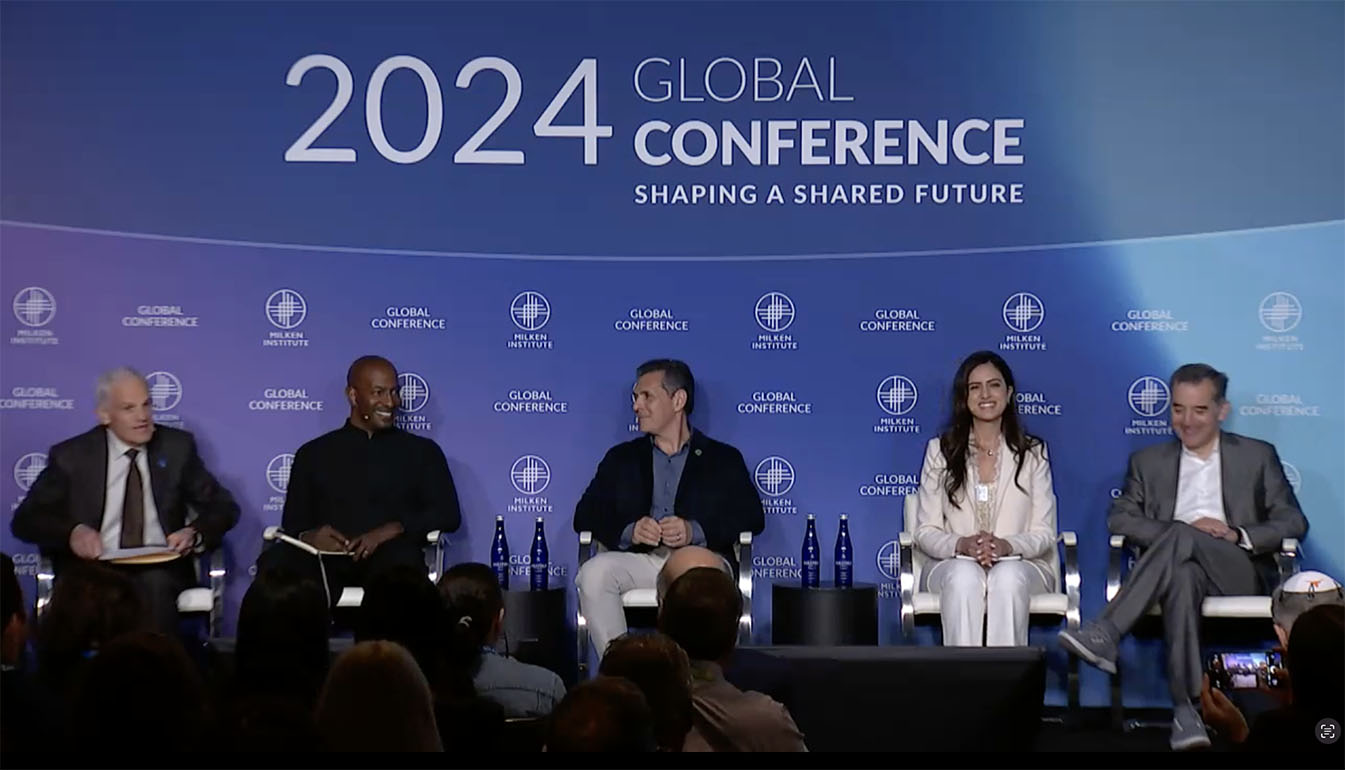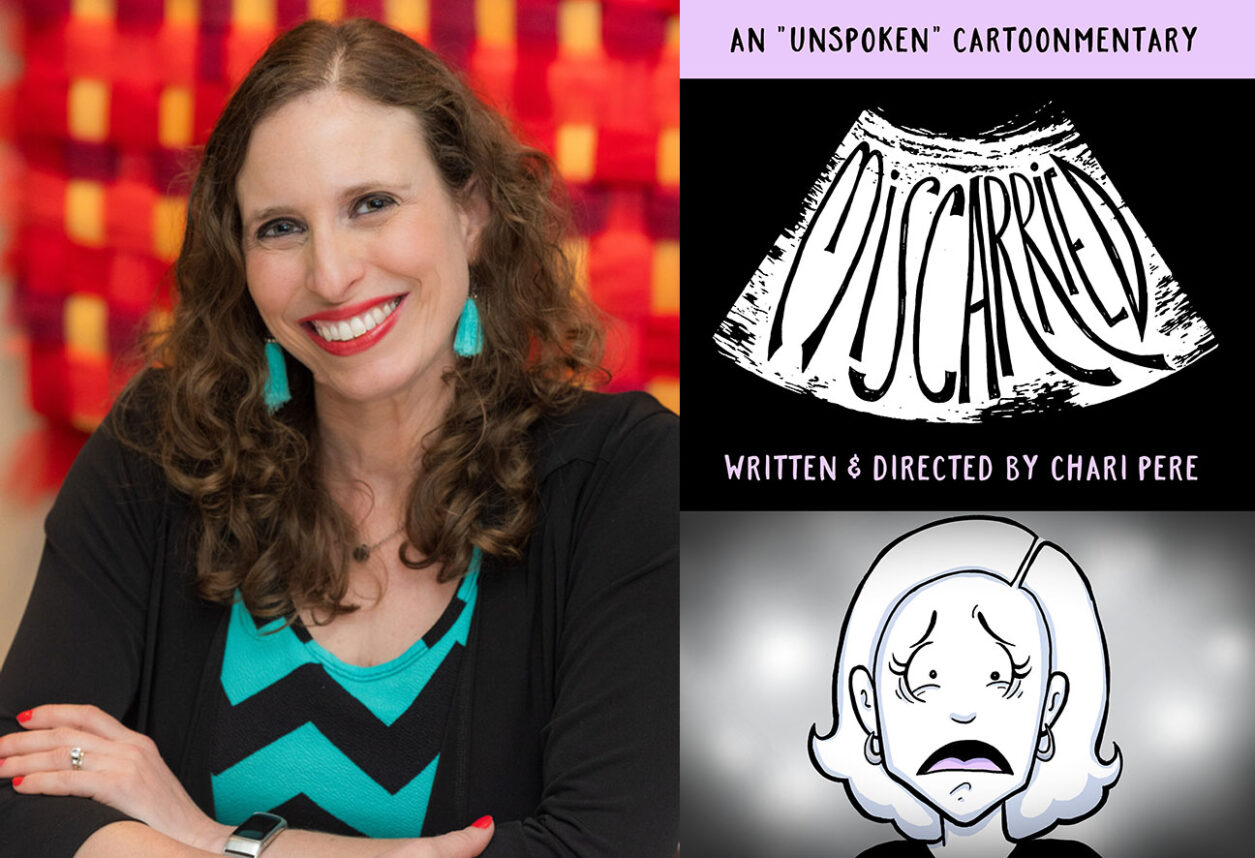It’s gets to me every year. I well up with tears the minute we begin reading B’raishit on Simchat Torah morning. I’ve always insisted, even when they were very young and having a grand time running around shul, that my kids be inside with a chumash open at that moment. I’m tearing up as I write this, just thinking about it.
I have never fully understood why I have this reaction. I had thought it had something to do with the way that the continuous cycle of Torah reading symbolized the continuity of Jewish life from one generation to the next. And maybe this is indeed part of the reason I react to it as I do.
But a new revelation struck me when, of all things, I was contemplating the long off-season that will follow the conclusion of the world series later this week. (With embarrassment, I admit that I’m a hopeless baseball junkie.) What a contrast with Simchat Torah! If we could, we would read straight from the last word of Dvarim to the first word of Braishit, without even taking a breath in between. Were if not for the logistical need to lift and wrap the first Sefer Torah before opening the second, we’d go straight from one to the other without stopping at all. Because even after a whole year of Torah reading we are not tired. We do not want or need an off-season. Torah is our life and the length of our days. It’s our breath, our pulse. There is no moment that captures our burning love for Torah the way that starting B’raishit seconds after completing Dvarim does. It’s the most romantic moment of the Jewish year. Pass the tissues!
Professional athletes work hard, and I do not begrudge them their off-season. But every Fall, I realize anew what a privilege it is to be a member of a people so in love that we want to be forever on.






















 More news and opinions than at a Shabbat dinner, right in your inbox.
More news and opinions than at a Shabbat dinner, right in your inbox.